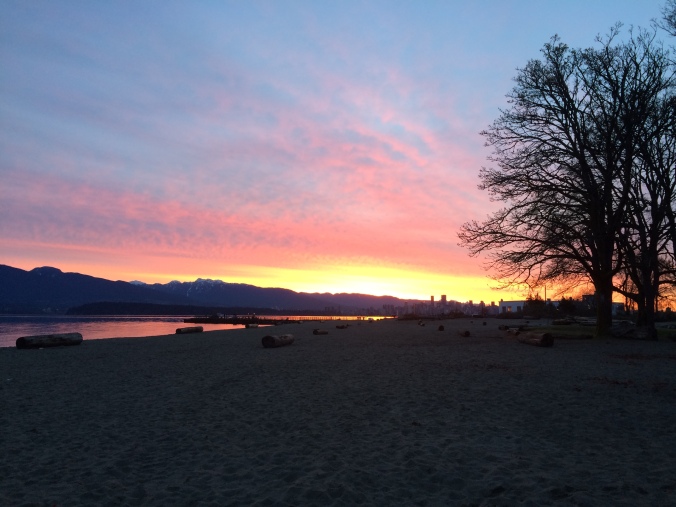Well, it’s been nearly a year since I left Vancouver and headed back to NZ. I haven’t done anything with this blog. I thought I might turn it into a semi-regular blog about theology, faith and life in Aotearoa and in my own neck of the woods – Taita.
I read this poem yesterday by Walter Brueggemann on Pentecost which Christians all around the world are celebrating today. The last line of the poem is particularly haunting – “We pray toward the wind and wait, unconvinced but wistful.” It seemed to touch my soul, the desire for miraculous transformation but the sceptic within me doubting that it is possible in the ways that the Bible and the story of the early Church speaks of. And yet the hoping remains.
We hear the story of the wind at Pentecost,
Holy wind that dismantles what was,
Holy wind that evokes what is to be,
Holy wind that overrides barriers and causes communication,
Holy wind that signals your rule even among us.
We are dazzled, but then – reverting to type –
We wonder how to harness the wind,
how to manage the wind by our technology,
how to turn the wind to our usefulness,
how to make ourselves managers of the wind
Partly we do not believe such as odd tale
because we are not religious freaks;
Partly we resist such a story,
because it surges beyond our categories;
Partly we had imagined you to be more ordered
and reliable than that.
So we listen, depart, and return to our ordered existence:
we depart with only a little curiosity
But not yielding;
we return to how it was before,
unconvinced but wistful, slightly praying for wind,
craving for newness,
wishing to have it all available to us.
We pray toward the wind and wait, unconvinced but wistful.
